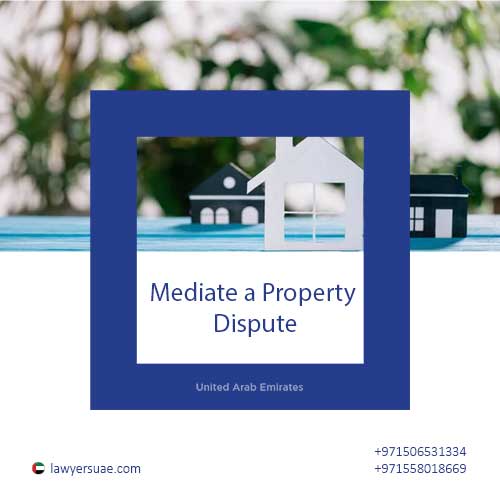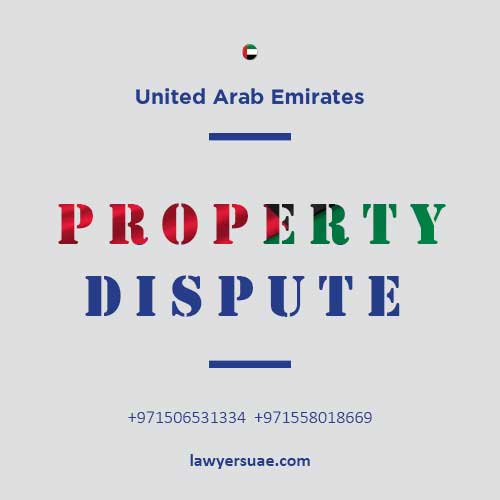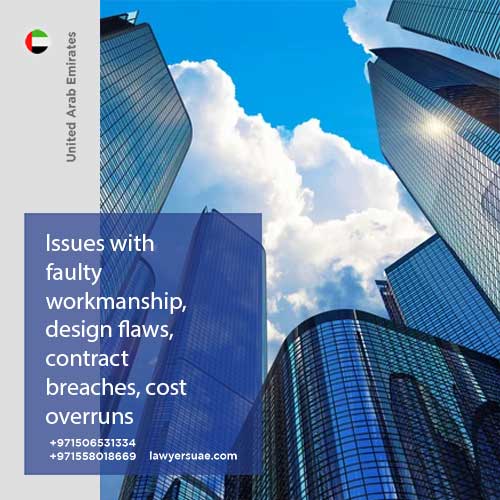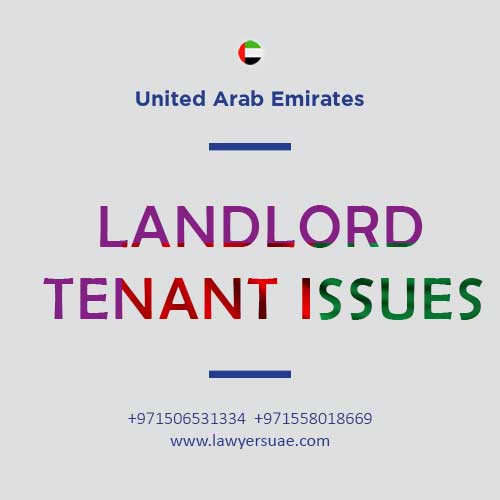Dealing with a property dispute can be an incredibly stressful and costly experience. Whether it’s a disagreement with a neighbour over boundary lines, a conflict with tenants about property damage, or an inheritance dispute among family members, property conflicts often create relationship strains and financial burdens if not handled properly.
Fortunately, mediation offers a powerful alternative for resolving property disputes in an effective way that saves time, money, and relationships.
What is Mediation and How Can it Help Resolve Property Disputes?
Mediation is a voluntary conflict resolution process guided by a trained, impartial third party called a mediator. Unlike litigation where a judge or arbitrator imposes binding decisions, mediation empowers the disputing parties to actively participate in crafting their own mutually agreeable solutions.
The mediator’s role is not to pass judgment or determine outcomes. Rather, they facilitate communication, promote understanding, and help parties identify common interests so collaborative problem-solving can lead to win-win resolutions.
Mediation provides a confidential and flexible environment for addressing all types of property disputes, including:
- Boundary disputes – Disagreements between neighbors over property lines or shared fences/walls
- Landlord-tenant issues – Conflicts over lease terms, property damage, evictions, etc.
- Inheritance conflicts – Disputes over distribution of assets, property shares, ownership rights from a will or estate
- Construction defects – Issues with faulty workmanship, design flaws, contract breaches, cost overruns
- Joint property ownership disagreements – Problems with selling jointly owned property or apportioning shares
Unlike courtroom litigation which can destroy relationships and cost a small fortune in legal fees, mediation allows creative solutions preserving interpersonal goodwill and financial resources. They can bring in any relevant legal property documents like surveys, title deeds, wills, contracts, inspection reports, etc. to inform collaborative decision making. With a mediator’s guidance, they work out agreements reflecting their shared needs and interests while avoiding the risks and uncertainties of letting a judge or arbitrator impose rigid rulings.
Key Benefits of Mediation for Resolving Property Disputes
Compared to traditional litigation, mediation offers significant advantages as an effective method for property disputes resolution such as:
1. Preserves Important Relationships
Mediation encourages open, honest communication in a non-confrontational setting allowing parties to understand all perspectives. This collaborative process lays the groundwork for maintaining positive relationships. Even in cases of material breach of contract, mediation can help smooth over tensions rather than escalating conflicts through adversarial legal proceedings.
2. Provides Flexibility in Crafting Solutions
The mediation process is not strictly bound by narrow legal remedies. Parties can explore customized options like property swaps, easement agreements, apologies, payment plans, deed transfers, future favors, etc. This flexibility facilitates interest-based resolutions.
3. Upholds Confidentiality
Unlike courtroom litigation which creates public records, mediation discussions remain private and confidential unless sharing is expressly permitted by participants. This promotes free expression without fear of external repercussions.
4. Saves Time and Money
Mediation avoids lengthy trials and lengthy delays waiting for overcrowded court dockets. The focused negotiations lead to timely consensus, minimizing costs and disruption from prolonged disputes.
Step-by-Step Guide to Mediating Property Disputes
If you decide to pursue mediation for your property conflict, what is the basic process? Here is an overview of the typical stages:
Before the Mediation Session
Do your homework – Consult lawyers to understand your legal standing and organizational rights. Gather documents supporting your position like deeds, contracts, inspection reports. For rental disputes, research the rental laws in the UAE. Know your core interests and priorities.
Agree on a mediator – Find a neutral mediator specialized in property dispute resolution agreeable to all parties. Ask about their subject matter expertise, mediation philosophy and credentials.
Define the issues – Provide background on the dispute so the mediator understands all perspectives. Vent frustrations separately from joint sessions.
During the Mediation Session
Opening statements – Each party summarizes their position uninterrupted. The mediator then reformulates the issues in a neutral manner.
Information gathering – Through joint and separate meetings, the mediator probes interests, clarifies misunderstandings and gathers data essential to mapping resolution options.
Solution generation – Parties brainstorm resolution ideas addressing key interests, rather than arguing positions. The mediator facilitates creative problem-solving.
Negotiation – The mediator helps parties reality test options to resolve sticking points until a unanimous agreement is crafted. A lawyer can counsel to safeguard legal rights.
Closure – Details are formalized into a written agreement outlining mutual commitments, timelines, contingencies, and consequences for non-compliance. Signatures make the resolution legally binding.
Concluding the Mediation Process
Legal review – Lawyers should scrutinize final written agreement to ensure clarity of terms, enforceability and protection of parties’ legal entitlements.
Formal execution – All participants sign the agreement signifying their commitment. Notarization may also formalize the mediated settlement.
Agreement fulfillment – Parties complete promised activities by agreed deadlines, shifting the relationship to one of collaboration rather than contention. Ongoing mediator services help ensure compliance.
Making Mediation More Productive: Key Tips
The mediation process provides a solid framework, but practical guidance can boost effectiveness:
Pick an experienced mediator – Their credibility and expertise has immense influence facilitating negotiations and crafting sustainable solutions.
Come prepared – Organize documents, financial records, written agreements and other evidence supporting your needs and interests before mediation begins.
Bring counsel – While optional, lawyers can provide invaluable advice on legal rights/options and review final mediated agreements.
Remain solution-focused – Concentrate on satisfying mutual interests to generate possibilities rather than arguing positional demands.
Listen actively – Let all parties share views openly and vent emotions separately so the mediator can identify areas of agreement.
Stay even-tempered – Tense moments can arise. Keeping composure allows clearer communication of priorities and constructive progress.
Be creative – Entertain innovative property or monetary arrangements satisfying the core concerns of all participants.
What If Mediation Fails? Alternative Dispute Resolution Options
While most mediated settlements lead to lasting resolution, what alternatives exist if mediation talks stall?
Arbitration – This involves presenting evidence to a specialized arbitrator who renders a binding decision. While less flexible than mediation, arbitration can bring closure.
Litigation – As a last resort when out-of-court options fail, a judge can decide the dispute in court based on the evidence and legal arguments presented.
Conclusion: Why Mediate Property Disputes?
Mediation is a powerful tool for resolving property conflicts through interest-based negotiation rather than raw legal wrangling. Guided by specialists, mediation provides a collaborative environment to craft customized, win-win solutions improving relationships and avoiding courtroom battles.
While no one looks forward to confronting disputes, successful mediation transforms conflicts into cooperation. For effective property dispute resolution preserving time, money and goodwill, mediation delivers immense value in reaching mutual gain.
Faqs:
FAQs on How to Mediate a Property Dispute Effectively
1. What are the common types of property disputes mentioned in the article outline?
- Common types of property disputes include boundary disputes, landlord-tenant issues, inheritance conflicts, construction defects, and joint property ownership disagreements.
2. What issues can arise in property disputes, as mentioned in the outline?
- Issues that can arise in property disputes include financial implications and strains on relationships between the parties involved.
3. What is the definition of mediation and why is it considered an effective resolution method?
- Mediation is a process where a neutral third party (mediator) helps disputing parties communicate and reach a resolution. It is considered effective because it preserves relationships, offers flexibility in solutions, maintains confidentiality, and saves time and cost compared to litigation.
4. What is the role of a mediator in the mediation process?
- The mediator facilitates communication between the parties and guides them towards a resolution. They help clarify issues, summarize common ground, and facilitate negotiation.
5. What are the key steps in the mediation process outlined in the article?
- The key steps in the mediation process include understanding the interests of both parties, gathering supporting documents and evidence, and consulting lawyers to determine legal standing before the mediation session. During the session, the mediator opens communication channels, parties explain their side, common ground is summarized, options for resolution are discussed, and negotiation is facilitated. Concluding the mediation involves reaching a unanimous resolution and drafting a legally binding agreement.
6. What tips are provided for productive mediation in the article outline?
- Tips for productive mediation include remaining calm and non-confrontational, actively listening to understand all perspectives, focusing on common interests rather than positions, exploring creative solutions satisfying both parties, and consulting lawyers to protect rights and review the agreement.
7. What are the alternatives mentioned for resolving property disputes in the article outline?
- The alternatives for resolving property disputes mentioned in the article outline are arbitration and litigation.
8. What is the main takeaway from the article’s conclusion regarding mediation and property disputes?
- The main takeaway is that mediation can effectively resolve property disputes through collaborative conflict resolution. It empowers parties to craft custom solutions, improving relationships, and skilled mediators are vital to productive mediation by facilitating communication.








